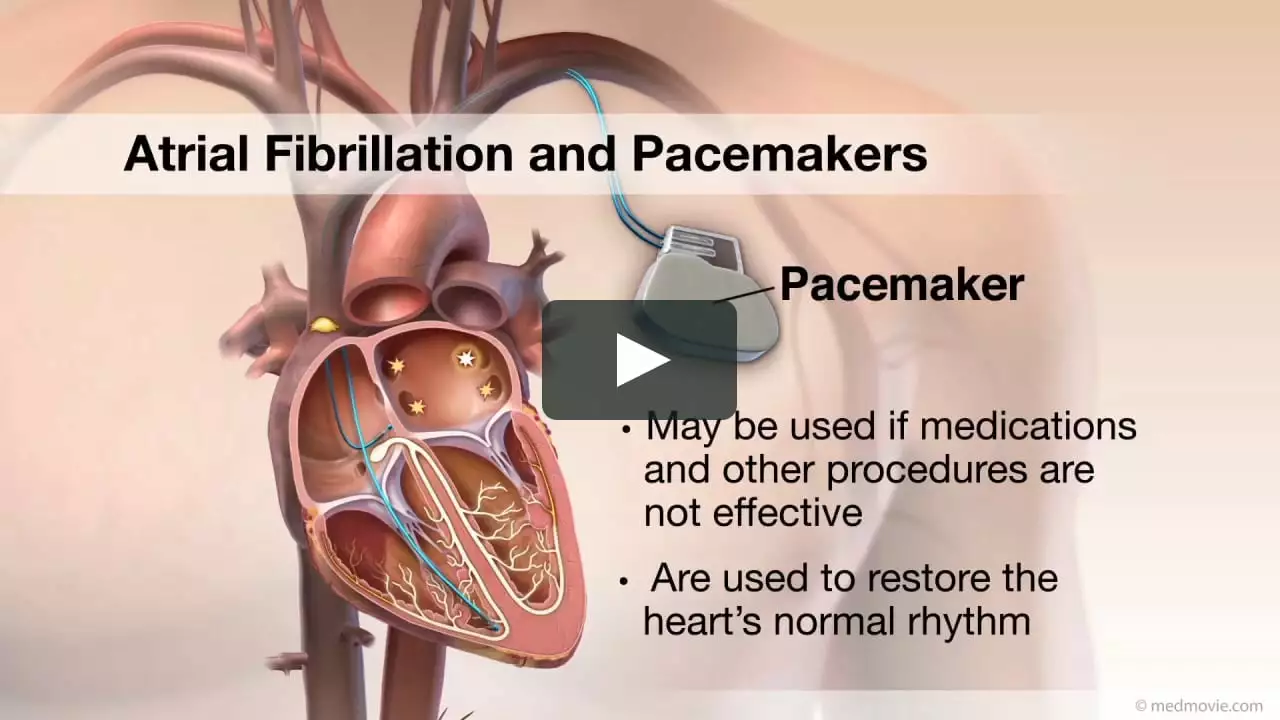Atrial fibrillation: what it looks like and what to do
Feeling a fast, fluttering, or irregular heartbeat? That could be atrial fibrillation (AF or AFib). AF happens when the heart's upper chambers fire off chaotic electrical signals, so the heartbeat becomes uneven. The biggest danger isn’t the palpitations themselves — it’s the higher stroke risk when blood pools in the atria and forms clots.
How doctors treat AF
Treatment usually falls into three goals: control the heart rate, try to restore a normal rhythm, and prevent stroke. Rate control uses drugs like beta-blockers or calcium channel blockers to keep your heartbeat steady. Rhythm control can mean antiarrhythmic meds or procedures such as electrical cardioversion or catheter ablation. For stroke prevention, doctors pick between warfarin and direct oral anticoagulants (DOACs) based on your individual risk — often guided by a CHA2DS2‑VASc score.
Smart steps if you have AF
Ask your clinician for a clear plan: what drug, why, how long, and what tests you’ll need. Get your CHA2DS2‑VASc and bleeding-risk scores explained — those numbers shape whether you need lifelong anticoagulation. Track symptoms (when, how long, triggers) and bring that log to appointments. Check for treatable causes like high blood pressure, sleep apnea, thyroid problems, and excessive alcohol; fixing those can reduce AF episodes.
Medication safety matters. If you take anticoagulants, know common interactions: some painkillers and herbal supplements raise bleeding risk, while certain antibiotics or antifungals can alter levels of antiarrhythmics. Keep all prescribers and pharmacists informed about every drug and supplement you use. If you buy meds online, use reputable pharmacies, check for a physical address and verified reviews, and avoid sites offering prescription drugs without a prescription.
When to seek urgent care: call for help if you experience chest pain, sudden shortness of breath, fainting, or signs of stroke (sudden weakness, trouble speaking, face droop). Otherwise, regular follow-up with ECGs, blood tests, and blood-pressure checks keeps treatment on track.
Atrial fibrillation affects people differently. Some have few symptoms and a simple med plan; others need procedures or specialist care. Work with your team, ask clear questions, and keep a simple record of symptoms and meds. If you want specific reads on related topics—like blood pressure control without bradycardia, safe online pharmacies, or how drugs interact—check our detailed articles on SpringMeds for practical tips and guides tailored to everyday needs.
Small changes—sleep better, cut back on alcohol, treat sleep apnea, keep blood pressure in range—often make a real difference. Stay curious, stay safe, and get help early when things feel off.

